Faculty of Media and Communication
Faculty Research Seminar Series 2016-17
May at a Glance
A Journalism Research Group
Research Seminar
Venue: F309, Fusion Building, Talbot Campus, Bournemouth University, Fern Barrow, Poole, Dorset, BH12 5BB
Wednesday 10 May 2017 at 3pm
JRG
Welcomes:
Dr James Dennis – University of Portsmouth
“It’s Better to Light a Candle than to Fantasize About a Sun”: Social Media, Political Participation and Slacktivism in Britain
This presentation examines how routine social media use shapes political participation in Britain. Since the turn of the century, many commentators have argued that political activism has been compromised by “slacktivism,” a pejorative term that refers to supposedly inauthentic, low-threshold forms of political engagement online, such as signing an e-petition or “liking” a Facebook page. This is explored in three interrelated contexts, using three different research methods: an ethnography of the political movement, 38 Degrees; an analysis of a corpus of individually-completed self-reflective media engagement diaries; and a series of laboratory experiments that were designed to replicate environments in which slacktivism is said to occur. I argue that slacktivism is an inadequate and flawed means of capturing the essence of contemporary political action, as Facebook and Twitter create new opportunities for cognitive engagement, discursive participation, and political mobilisation.
Dr James Dennis is Senior Lecturer in Journalism at the University of Portsmouth. His research interests lie in political communication, with a particular focus on social media, political participation and citizenship, and digital news. His work has been published in the Civic Media Project, published by MIT Press, Participations: Journal of Audience & Reception Studies, and Political Studies. James maintains a personal research site at jameswilldennis.com, and can be found on Twitter at @jameswilldennis.
A Narrative Research Group
Research Seminar
Dr Matthew Freeman – Bath Spa University – CANCELLED
Small Change – Big Difference: Tracking the Non-Fictionality of Social Transmedia
A Conflict, Rule of Law and Society
Research Seminar
Venue: F309, Fusion Building, Talbot Campus, Bournemouth University, Fern Barrow, Poole, Dorset, BH12 5BB
Wednesday 17 May 2017 at 3pm
CRoLS
Welcomes:
Mark “Max” Maxwell
Deputy Legal Counsel – U.S. Africa Command
Modern conflict and the rules of engagement: the changing individual right of a soldier’s right of self defence today.
The term self-defense is used in a multitude of ways that do not accurately convey what occurs at the moment of decision. My discussion will advance that the term self-defense has three dimensions — scope, context, and level — and each one molds and defines what is meant by self-defense. Self-defense has a ‘scope’ component: it is a concept that can apply to an individual, to another person, to an armed unit, to a collection of designated people, to a foreign force, and even to non-state actors. It also has a ‘context’ component: on the one side you have the military context and its application is for the soldier engaged in operations ranging from peacetime operations, to peacekeeping missions or to armed conflict in both international and non-international scenarios. The other side of the equation is the domestic context with application to police officers in law enforcement scenarios or even the exercise of self-defense by an individual citizen. Finally, self-defense has a ‘level’ facet: self-defense on an individual or tactical level is profoundly different from strategic actions with international import. The word self-defense loses its meaning when there is a lack of precision as to what force is allowed in a particular scenario; this is particularly true when there are other legitimate uses of force at play. For example, if a soldier encounters a civilian taking direct participation in hostilities (DPH), what is the relationship between the use of force under self-defense and the use of force under the concept of DPH? And why is that important; in other words, what is the significance of the legal basis of force?
My discussion will define self-defense according to the various situations in which it is exercised; for example, is the exercise of self-defense by a soldier in a peacekeeping operation distinct from that exercised by a police officer on the beat in Boston? The key factor in all definitions (and the facets listed above) of self-defense is whether the threat is imminent; that is, what is the trigger point for the use of force. In the end, it is an inherently subjective test. It is important to probe the elements of what is the inalienable core of self-defense. Can, for example, self-defense be suspended? There are many positivist definitions of self-defense but is the core of self-defense a product of natural law? If so, what are the legal interpretations of the limits of this authority, and overlying the legal analysis, the policy interpretations of what constitutes self-defense and when it will be applied? My perspective will be inevitably United States centric, but the intent is for the audience to appreciate the multitude of meanings in one phrase: self-defense. And, as a corollary, I will propose terminology that can be applied to discrete situations instead of using an overused term. When force is required, from defending oneself to defending the nation, lingual precision is not a luxury, it is a requirement.
As of July 2015, Max Maxwell became the Deputy Legal Counsel for U.S Africa Command. Until he retired from the U.S. Army after 25 years of service, Max was a member of the U.S. Army Judge Advocate General’s (JAG) Corps. He ended his military career as the first Strategic Initiatives Officer for the JAG Corps. Previously, from July 2011 to July 2013, Max was the Staff Judge Advocate for V Corps and concurrently, while deployed to Afghanistan from June 2012 to May 2013, was the Senior Legal Advisor for NATO’s International Security Assistance Force Joint Command.
Max considers North Carolina home, where he grew up in the Tidewater area. He attended undergraduate at Duke University, majoring in economics and history. While at Duke, Max was an ROTC cadet and upon graduation received his commission as an officer. He then attended law school at the University of North Carolina at Chapel Hill, where he served on the Board of Editors of the North Carolina Journal of International Law and Commercial Regulation. He graduated from Chapel Hill in 1990 and entered the active component of the U.S. Army as a Judge Advocate.
Max is a graduate of the U.S. Army Judge Advocate General’s Legal Center and School in 1999 (LL.M. and Commandant’s List); U.S. Army Command and General Staff College in 2004 (Distinguished Graduate); and the National War College in 2011 (M.A. and Distinguished Graduate). Max has published over a dozen articles and book chapters on various topics to include criminal law, the law of armed conflict, and the use of force in non-international armed conflict.
He is married to Mary and they share of love of reading, art and travel, and most of all, our 15-year old son who is a fan of reading, as well, and anything related to Pokémon and Minecraft.
A
Centre for Politics and Media Research
Seminar
Venue: F309, Fusion Building, Talbot Campus, Bournemouth University, Fern Barrow, Poole, Dorset, BH12 5BB
Wednesday 24 May 2017 at 3pm
Politics
Welcomes:
Prof James Martin – Goldsmith
A
Centre for Politics and Media Research
Seminar
Venue: F309, Fusion Building, Talbot Campus, Bournemouth University, Fern Barrow, Poole, Dorset, BH12 5BB
Wednesday 24 May 2017 at 4pm
Politics
Welcomes:
Paul Reilly – University of Sheffield
A Promotional Cultures and Communication Centre
Research Seminar
Venue: F309, Fusion Building, Talbot Campus, Bournemouth University, Fern Barrow, Poole, Dorset, BH12 5BB
Wednesday 31 May 2017 at 3pm
PCCC
Welcomes:
Andrea Esser – Roehampton University
The Quiet Revolution: From Broadcasting and Advertising to Branded Entertainment
Efforts to endear brands to consumers go back as far as the 1920s, when branded entertainment was widespread on US radio and later television. In the UK advertiser-funded programming has no history. The public-service broadcasting remit demanded a clear separation between advertising and editorial content. But recent years have opened the doors to branded entertainment. The unregulated on-line mediascape offers endless possibilities and British broadcast legislation was revised in 2011 to allow for product placement. Building on an extensive analysis of trade journal articles since 2011, this paper seeks to illuminate recent developments and to build a theoretical framework by identifying drivers and tokens of change and different types of TV-related branded entertainment. History, I will argue, has left its mark. British broadcasters and TV producers seem to have been reluctant to embrace branded entertainment. But traditional content providers, like advertisers cannot escape the consequences of digitalization. Branded entertainment in multiple forms is revolutionising both marketing and the production and delivery of audiovisual content.
All are welcome and we look forward to seeing you there!
About the series
This new seminar series showcases current research across different disciplines and approaches within the Faculty of Media and Communication at BU. The research seminars include invited speakers in the fields of journalism, politics, narrative studies, literature, media, communication and marketing studies. The aim is to celebrate the diversity of research across departments in the faculty and also generate dialogue and discussion between those areas of research.
Contributions include speakers on behalf of
The Centre for Politics and Media Research
Promotional Cultures and Communication Centre
Centre for Public Relations Research and Professional Practice
Centre for the Study of Journalism, Culture and Community (JRG/NRG/Civic Media)
Centre for Intellectual Property Policy & Management
Conflict, Rule of Law and Society
EMERGE
Centre for Film and Television
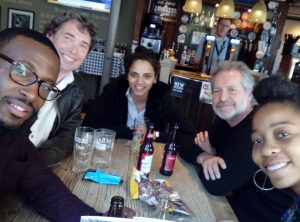
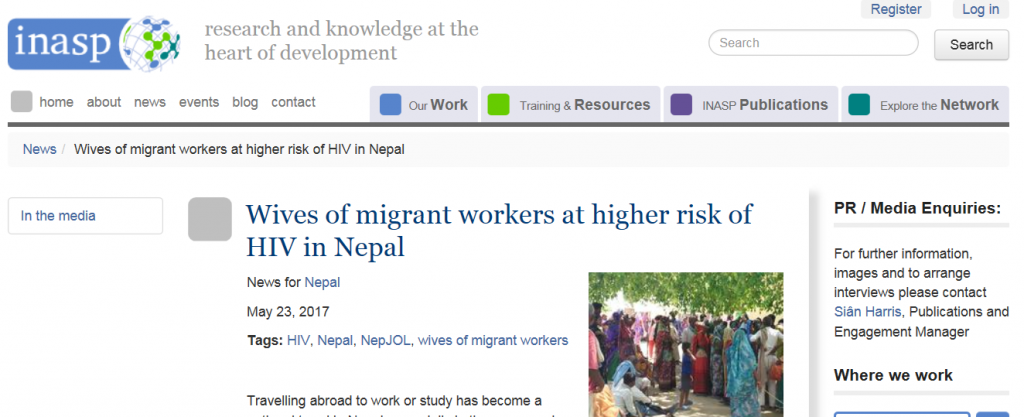
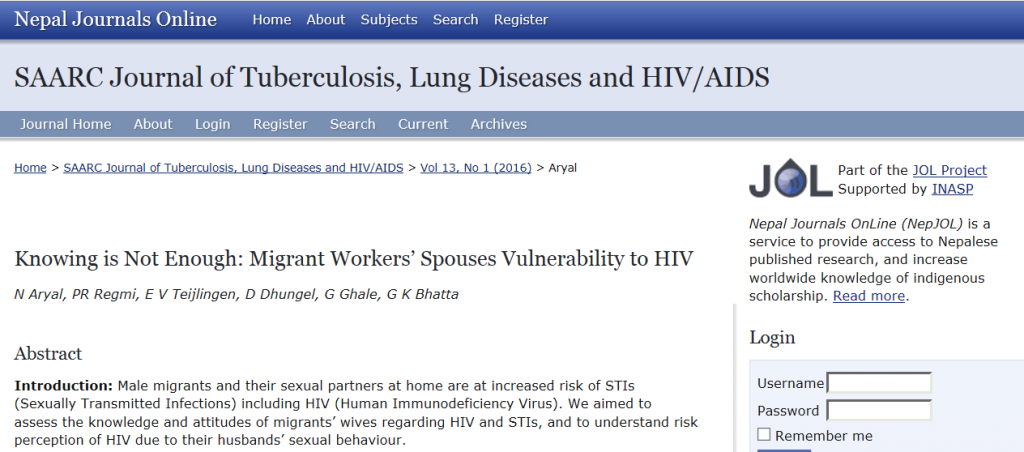
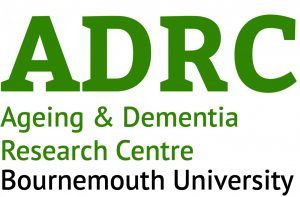



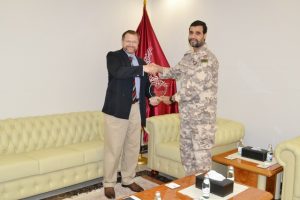
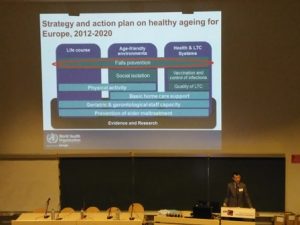
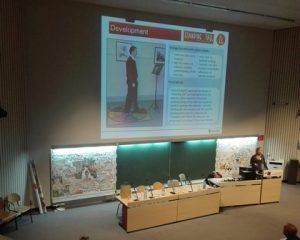
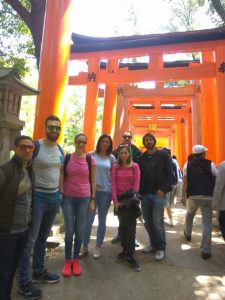
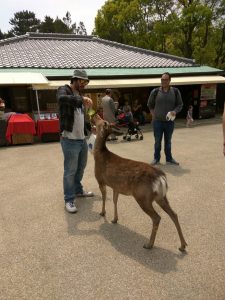
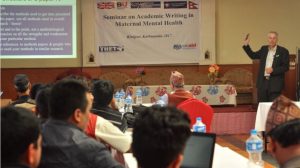
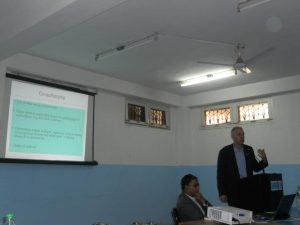
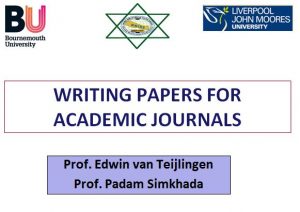

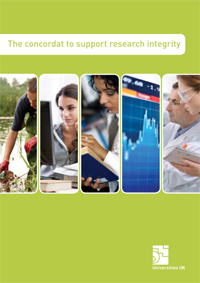











 FHSS academics teaching in Nepal
FHSS academics teaching in Nepal New weight change BU paper
New weight change BU paper One week to go! | The 16th Annual Postgraduate Research Conference
One week to go! | The 16th Annual Postgraduate Research Conference Geography and Environmental Studies academics – would you like to get more involved in preparing our next REF submission?
Geography and Environmental Studies academics – would you like to get more involved in preparing our next REF submission? Congratulations to three former BU staff
Congratulations to three former BU staff MSCA Staff Exchanges 2024 Call – internal deadline
MSCA Staff Exchanges 2024 Call – internal deadline Applications are now open for 2025 ESRC Postdoctoral Fellowships!
Applications are now open for 2025 ESRC Postdoctoral Fellowships! Horizon Europe – ERC CoG and MSCA SE webinars
Horizon Europe – ERC CoG and MSCA SE webinars MaGMap: Mass Grave Mapping
MaGMap: Mass Grave Mapping ERC grants – series of webinars
ERC grants – series of webinars